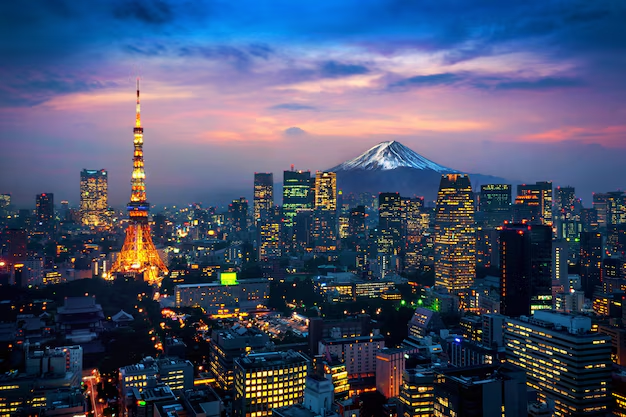
Brasília, Brazil – March 28, 2025 – Brazilian President Luiz Inácio Lula da Silva met with a U.S. trade envoy today to discuss bilateral trade relations, following recent threats of tariffs by U.S. President Donald Trump. The meeting, held at the Planalto Palace, comes as both nations navigate a complex economic landscape marked by global supply chain disruptions and shifting trade policies.
The U.S. delegation, led by a senior trade representative, arrived in Brasília to address concerns over potential tariffs on Brazilian exports, including steel and agricultural products. Trump has repeatedly named Brazil among countries he believes harm U.S. economic interests, citing a trade surplus that reached $7.4 billion in 2024, according to Brazil’s Foreign Trade Secretariat. In response, Lula has maintained a firm stance, stating earlier this year that Brazil would reciprocate any U.S. tariffs with equivalent measures.
During the closed-door meeting, both sides reportedly focused on finding a path to “mutual respect” in trade relations. A Brazilian official, speaking on condition of anonymity, said the discussions centered on maintaining open markets while addressing U.S. concerns about trade imbalances. The U.S. envoy emphasized the need for Brazil to reduce its reliance on China, Brazil’s largest trading partner, and align more closely with Western economic interests.
Brazil exports $337 billion in goods to the U.S. annually, including coffee, oil, and steel, while importing $262.5 billion in U.S. products like energy and pharmaceuticals. Despite the U.S. trade surplus, Trump’s administration has pushed for a broader rebalancing of global trade, a policy that has already led to 25% tariffs on auto imports from Japan and other nations earlier this week.
Lula, addressing reporters after the meeting, reiterated his commitment to sovereignty in trade decisions. “Brazil respects the United States, and we expect the same in return,” he said. He also highlighted the importance of diversifying Brazil’s trade partnerships, noting recent efforts to strengthen ties with Japan and other Asia-Pacific nations. This follows a state visit to Tokyo earlier this week, where Lula and Japanese Prime Minister Shigeru Ishiba agreed to expand cooperation in biofuels and trade.
The meeting occurs against the backdrop of broader geopolitical tensions. Brazil’s leadership of the BRICS bloc, which includes China and Russia, has drawn scrutiny from the Trump administration, particularly over efforts to reduce reliance on the U.S. dollar in international trade. Trump has warned BRICS nations against de-dollarization, threatening economic penalties.
Analysts suggest the talks reflect a pragmatic approach by both leaders, despite ideological differences. Lula, a leftist, has historically clashed with Trump’s protectionist policies, while Trump has aligned more closely with Brazil’s former president, Jair Bolsonaro. However, the shared interest in avoiding a trade war may provide a basis for compromise. “Both sides have a lot to lose if this escalates,” said Roberto Goulart, an international relations professor at Brasilia University. “Brazil needs access to the U.S. market, and the U.S. benefits from Brazilian commodities.”
The outcome of today’s discussions remains unclear, with no formal agreements announced. The U.S. delegation is scheduled to meet with Brazilian business leaders tomorrow before departing. Meanwhile, Lula’s administration continues to explore retaliatory measures, including potential complaints to the World Trade Organization, should tariffs be imposed. For now, the focus remains on dialogue, as both nations seek to balance economic interests with political realities.




